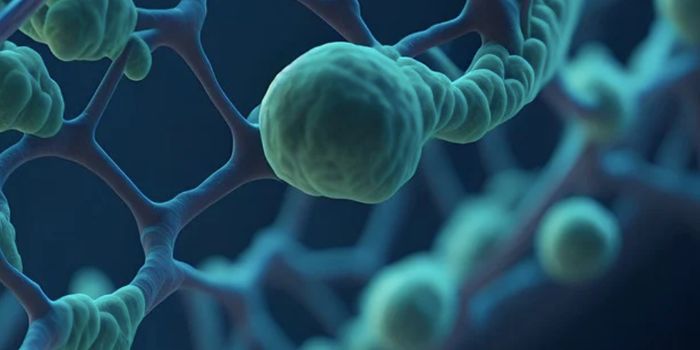US Cancer Centers Continue to Experience Drug Shortages
This summer Labroots reported on the shortages of cancer drugs and the damaging effects of drug supply issues on patients. As of May 29, the FDA Drug Shortage database listed 15 therapeutics used for cancer treatment, including carboplatin, cisplatin, fludarabine, and methotrexate. Unfortunately, as of October 11, 2023, 16 oncology drugs appear on the FDA’s database (including the four examples provided in May).
Last week (October 5, 2023), the National Comprehensive Cancer Network (NCCN), a non-profit consortium of cancer centers in the United States, released results of a follow-up survey enacted to assess how well Cancer Centers throughout the United States have recovered from this summer’s drug shortage. The NCCN’s Best Practices Committee conducted the survey between September 6 and 27, 2023.
The survey questioned cancer centers regarding chemotherapy shortages, focusing on carboplatin, a chemotherapy drug used to treat ovarian cancer, and cisplatin, a similar compound used to treat ovarian, bladder, and testicular cancer. Twenty-nine of NCCN’s 33 member centers responded to the survey.
The data revealed that 86% of cancer centers surveyed still reported a shortage of at least one cancer drug. In addition to carboplatin and cisplatin, centers reported shortages in other cancer drugs, including methotrexate (66%), 5-fluorouracil (55%), and fludarabine (45%).
Specifically, 72% of the 29 cancer centers surveyed still experience shortages of carboplatin. Despite the percentage of centers reporting a carboplatin shortage, only 5% of the 21 responding centers indicated an inability to treat current patients needing this drug. However, 62% said that they had received no indication from the manufacturers when supply would return to normal.
Regarding cisplatin, 59% of the 29 centers surveyed reported still experiencing a shortage. In this case, 88% of the 17 responding centers can treat all current patients requiring cisplatin. Still, manufacturers have not updated 77% of these centers of expectations to return to normal supply.
Notably, none of the responding centers indicated that re-obtaining prior authorizations for modified treatment plans due to current shortages has delayed treatment, nor have any revised treatment plans been denied by payers.
The NCCN’s Press Release, also published on October 5, 2023, included commentary from Robert W. Carlson, MD, Chief Executive Officer for NCCN. Dr. Carlson noted, “Drug shortages aren’t new, but the widespread impact makes this one particularly alarming. It is extremely concerning that this situation continues despite significant attention and effort over the past few months. We need enduring solutions in order to safeguard people with cancer and address any disparities in care.”
In addition, the Press Release points out that the survey included leading academic centers throughout the country and, thus, may not fully reflect the challenges and hardships faced by smaller cancer-treating practices, particularly those in rural areas and those serving marginalized populations.
Before the release of the NCCN survey, the White House released a statement on the ongoing cancer drug shortage outlining the federal government's role in resolving supply issues and mitigating effects experienced by patients.
Sources: NCCN Press Release, NCCN Follow-up Survey, White House









